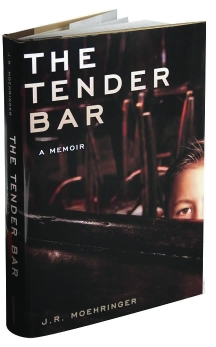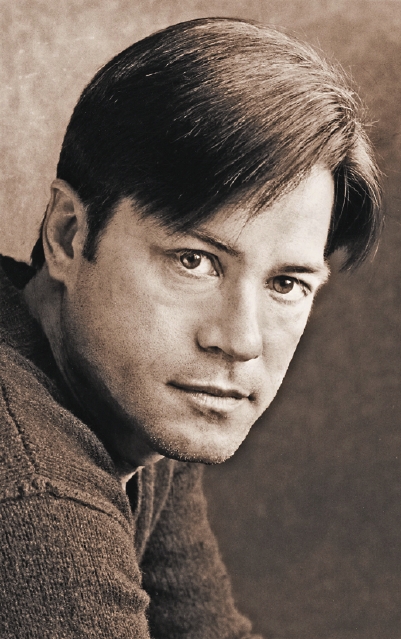Pulitzer Prize-winning author J.R. Moehringer will be at Slate Street (515 Slate NW, 243-2210) on Tuesday, Aug. 15, from 6 to 8 p.m. Although Slate Street is ordinarily closed on Tuesdays, the restaurant has agreed to open its doors exclusively for this literary party, offering beer and wine discounts as well as a special menu. If you purchase a copy of The Tender Bar , you can get in for free. Otherwise, admission is $5. If you mention the Alibi Book Club, you can get a 10 percent discount on the book at Bookworks (4022 Rio Grande NW). The Tender Bar can also be purchased at the event. For details, call 344-8139.






